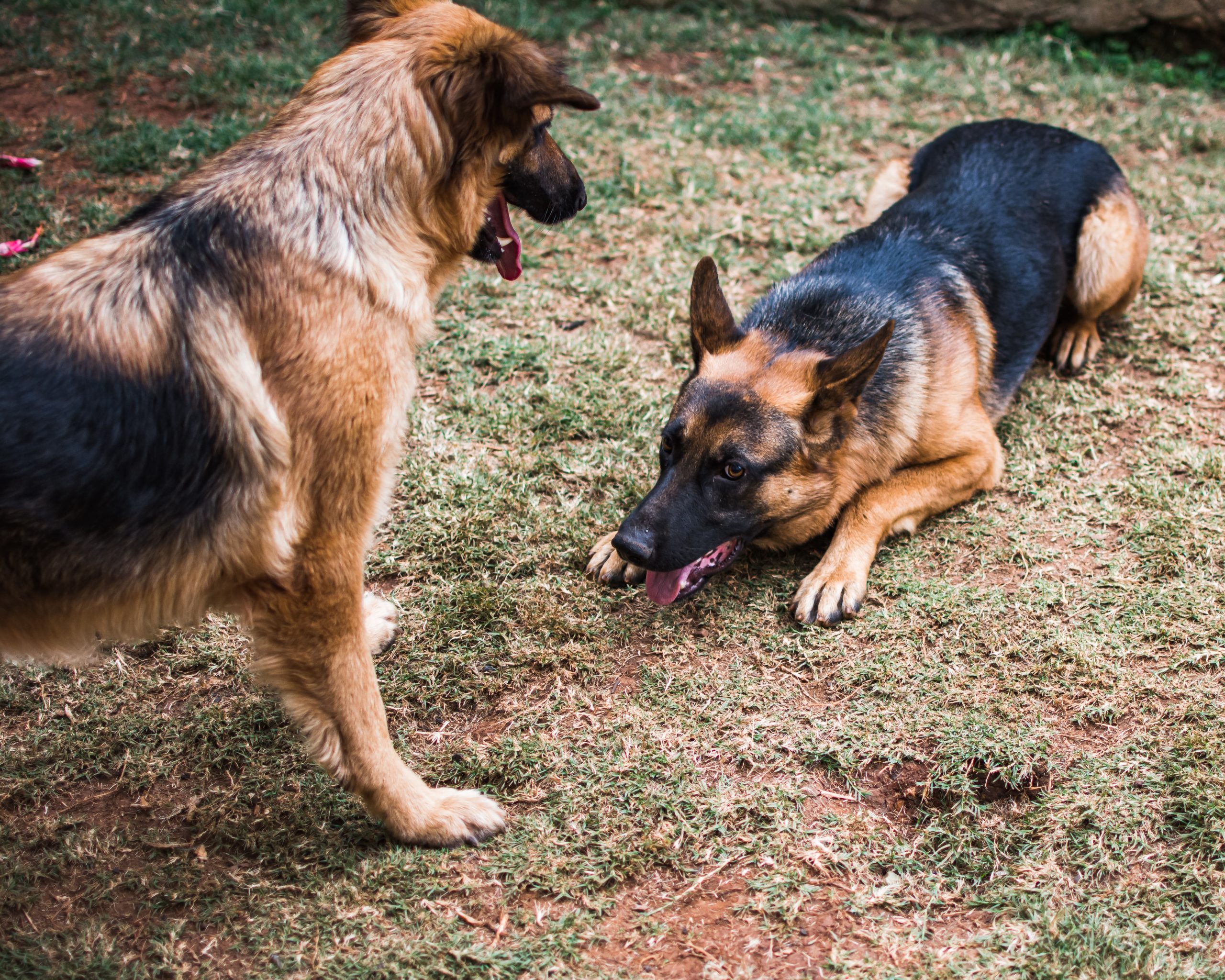Nutritional Needs Of A German Shepherd
When it comes to German Shepherds, these dogs are a high-energy breed that loves to play and work. They are also a very versatile breed, being used as both service and companion dogs. But with all of this activity, they need the right food to fuel their bodies and keep them healthy.
Today we will explore the nutritional needs of a German Shepherd. From the right amount of protein to the importance of omega-3 fatty acids, we will cover everything you need to know to keep your German Shepherd healthy and happy.
The German Shepherd Diet
A German Shepherd’s diet should consist of high-quality protein, fat, and carbohydrates. Protein is essential for a German Shepherd’s muscular development and repair, while fat provides the energy needed for working dogs.
Carbohydrates are also necessary for a German Shepherd’s diet as they provide the dog with essential vitamins and minerals.
When choosing a food for your German Shepherd, be sure to select a product that is formulated for large breeds. Large breed formulas contain the proper ratio of nutrients that are essential for a German Shepherd’s health.
Avoid products that are labeled as “all life stages” as these products do not take into account the specific nutritional needs of large breeds.
As with all dogs, German Shepherds need access to fresh water at all times. Make sure to provide your dog with plenty of clean water throughout the day and monitor his water intake to ensure he is staying hydrated.
What vitamins and minerals do German Shepherds need?
German Shepherds are a popular breed of dog known for their loyalty, obedience, and intelligence. They are also one of the most versatile breeds, being used as working dogs in a variety of fields including law enforcement, search and rescue, herding, and more.
Given their athletic build and high energy level, German Shepherds need a well-balanced diet that includes all the essential vitamins and minerals to keep them healthy and fit. Below is a list of vitamins and minerals that German Shepherds need to stay healthy:
There are a few different things that you should keep in mind when it comes to feeding your German Shepherd. They need a balance of vitamins and minerals in their diet, and you’ll need to make sure that they’re getting enough of each.
Here’s a quick rundown of some of the most important vitamins and minerals for German Shepherds:Vitamin A is important for maintaining healthy skin and eyesight. Make sure that your German Shepherd is getting enough vitamin A by including foods like sweet potatoes, carrots, and dark leafy greens in their diet.
Vitamin B12 is essential for proper red blood cell formation. Good sources of vitamin B12 include meat, poultry, fish, and dairy products.
Vitamin D is necessary for strong bones and teeth. You can ensure that your German Shepherd is getting enough vitamin D by feeding them foods like eggs, salmon, and fortified milk.
Calcium is vital for strong bones and teeth. You can include calcium-rich foods like broccoli, kale, and yogurt in your German Shepherd’s diet to make sure they’re getting enough of this important mineral.
Phosphorus works with calcium to build strong bones and teeth. Good sources of phosphorus include meats, poultry, fish, dairy products, and eggs.
Potassium is important for proper muscle function. Make sure your German Shepherd is getting enough potassium by feeding them fruits like bananas, oranges, and cantaloupe as well as vegetables like potatoes.
Types of Food to Feed a German Shepherd
German Shepherds are a very active breed of dog, so they need a diet that will give them plenty of energy. A good diet for a German Shepherd should be high in protein and fat, and low in carbohydrates.
There are a variety of commercial dog foods available that are specially formulated for German Shepherds. However, not all commercial dog foods are created equal. It is important to choose a high-quality food that is appropriate for your dog’s age, activity level, and any health problems he may have.
You can also supplement your German Shepherd’s diet with some healthy homemade foods. Here are some ideas for healthy, homemade foods you can feed your German Shepherd:
-Cooked chicken or turkey breast (no bones)
-Ground beef (85% lean or higher)
-Cooked fish (such as salmon or tuna)
-Green beans
-Carrots
-Sweet potatoes
How Much to Feed a German Shepherd
As a general rule, you should feed your German Shepherd 2-3% of their body weight in dry food each day. For example, if your dog weighs 50lbs, they should have 1.5-2.25lbs of dry food per day.
Of course, every dog is different and some may need more or less than this depending on their activity level, age, and health condition. If you are unsure how much to feed your German Shepherd, it is best to ask your veterinarian for guidance.
Conclusion
As you can see, the nutritional needs of a German Shepherd are not that different from those of any other dog. They need a well-balanced diet that includes all the essential nutrients, including proteins, fats, carbohydrates, vitamins, and minerals.
While you might be tempted to feed your German Shepherd table scraps or other people food, it’s important to remember that this can actually lead to nutritional deficiencies and health problems down the road. Stick to a portion of high-quality dog food formulated specifically for German Shepherds — your pup will thank you for it!

